The content of the article
Many people for some reason are shy or unwilling to go to the doctor with various questions, including the one that affects the compatibility of alcohol with vaccination against diphtheria, tetanus, rabies or other infections that threaten a person with mortal danger. Often, the situation develops so that the day intended for vaccination falls on the date that was set aside for a party or event. And then the patient who was immunized is faced with a difficult choice - to take alcohol or not?
The most developed countries, in which medicine is becoming widely available and modern, have long since got rid of horrific epidemics and pandemics that easily claimed tens of thousands of human lives.Feeling a certain security and being in a society with an intensive pace of life, a person starts to relate to the vaccination procedure more frivolously. However, there are enough myths about the dangerous effects of alcohol on humans.
Meanwhile, alcohol is detrimental and negatively affecting the entire human body, it is not under its power to cure a person from various diseases (which certain people are sure of), especially those who have an infectious nature.
Varieties of vaccinations
There is a list of vaccines that need to be administered to an adult. Also, those vaccinations that were made in childhood cease to be effective over time, which will require re-vaccination.
- HPV This vaccine needs to be given three times to girls aged 11 to 26. Papillomavirus can result in a cervical cancer.
- Hepatitis A or B. For injection use different vaccines. Hepatitis A is administered to health care workers and people who experience some functional problems with the liver, alcohol and drugs. Vaccinating against hepatitis B is important for those people who are not particularly picky about sex and regularly change partners.
- Flu. This vaccination is necessary to put young people and adults. In particular, it is required to vaccinate citizens who work in public places with high traffic (waiters, doctors, employees of social funds, vendors).
- Encephalitis. This is a pathology that threatens a person with mortal danger or disability. Vaccination provides the most effective protection. The vaccine must be administered before a person plans to go to a location where the risk of infection is very high. Most often, vaccination takes two stages.
- Rabies. Such an injection should be done to persons who have a risk of infection. For three months, the patient receives six injections.
- Injection against tetanus, pertussis, or diphtheria. This vaccine is administered once in ten years. If a woman bears a child, and since the previous vaccine has passed more than a decade, then it will be necessary to vaccinate before the onset of labor (in the second and third trimester).
- Mumps, rubella or measles. In fact, this vaccination is done in childhood, but if one of the stages of vaccination was missed and an adult did not suffer any of these diseases, then the immunization should be carried out on an emergency basis.
- Chickenpox. If an adult suffers from this disease, then in comparison with a smaller age, the course of the disease is more severe. In addition, chickenpox in an adult can result in serious complications. Consequently, those persons who did not have chickenpox in childhood are required to be vaccinated. The disease can lead to shingles, and therefore people over the age of 60 also need to receive an injection of the vaccine.
Why is it necessary to vaccinate an adult
Children's hospitals and educational institutions exercise strict control to ensure that the mandatory vaccination schedule is strictly observed. A lot of people are in error, believing that only children should be vaccinated. Due to the correct approach to this process and government assistance, it was possible to reduce to almost zero the probability of developing infectious epidemics in countries where medicine is accessible to everyone and is at a high level of development.
Most often, after some time, the effect that the vaccine has, ends, therefore, it will be necessary to perform revaccination in order for the person to still be protected from various infections.Given that a considerable number of adults have the habit of relieving stress or fatigue with the help of alcohol, a vaccine can change an established way of life for some time.
Do not disregard the importance of vaccination and recommendations provided by a doctor!
Self-treatment and neglect of medical requirements often leads to serious deterioration of health, health problems.
Why it is forbidden to take alcohol after vaccination
The process of vaccination rather intensively affects the human body, putting a heavy load on it. Immunity acutely responds to dangerous agents that enter the body, quickly producing a large amount of antibodies. Thus, the formation of a strong and stable immune system.
In order for the formation of immunity and its protective function to proceed as calmly, painlessly and correctly as possible, it is important that the overall health of the person is good. Prophylactic procedures aimed at preventing chronic diseases, a strong immune system help the body safely overcome the first stages after vaccination.
Fact! Even when alcohol is taken in minimal quantities, it depresses the immune system and the efficiency of the internal systems and organs of a person.
Despite the fact that ethanol does not interact directly with the drugs contained in the vaccine, alcohol reduces the ability of the immune system to perform a protective function, and the reproduction of antibodies becomes less effective. Therefore, drinking alcohol can reduce the effect of a given vaccine. Immunity, being in this case weakened, is unable to produce the required volume of antibodies, which can lead to side effects or even complete infection with an agent after vaccination.
What is fraught with alcohol after vaccination
Now medicine is gradually moving away from the use of "live" viruses in the process of vaccination. Anyway, even those vaccines that are considered "inanimate" can lead to some complications or side effects that can be quite unpleasant. According to statistics provided by WHO, the body of a healthy person reacts negatively to the vaccine in only 1% of all cases.
This means that out of a hundred people who have been immunized, only one will experience undesirable adverse effects of the vaccine. Drinking alcohol at times increases the likelihood of ailments associated with weakening of the immune system during the vaccine.
Among those who often drink alcohol, more than thirty percent may experience concomitant ailments after vaccination.
An excessively negative reaction may occur after ingestion of alcohol, if vaccination was performed against the following diseases:
- measles;
- tick-borne encephalitis;
- tetanus;
- hepatitis A;
- rabies;
- diphtheria.
The most common adverse effects associated with the vaccine include:
- diarrhea, gastrointestinal disorders, vomiting;
- fever;
- sore throat, pain and cough;
- swelling at the injection site;
- increase or decrease in blood pressure, arrhythmic manifestations;
- a flu-like condition;
- loss of consciousness and dizziness;
- difficulty breathing;
- pain in the locomotor system.
At the same time, the process when the immune system adjusts to a foreign agent lasts from a couple of days to 2 weeks.During this time, patients may experience excessive drowsiness, lack of appetite, excessive sweating, weakness. At this stage, an “unfamiliar” infection is recognized by the body. If ethanol is released into the blood within a specified time frame, this can reduce the production of antibodies, which means that the virus strain will be blocked less effectively than required. Also, drinking alcohol after vaccination can lead to completely unpredictable consequences, which will lead not only to the occurrence of complications, but also to a real infection.
It is most dangerous to drink alcohol after being vaccinated against hepatitis, rabies, measles and tetanus. Some diseases require vaccination, which is done in several steps, and the most important thing is to pay attention to the state of health on the first day of vaccination and the next 2-3 days.
Vaccination against the rabies virus lasts for three months, and during the prescribed period it is absolutely forbidden to take alcohol even in minimal quantities.
Often, vaccination against hepatitis is combined with vaccination against the causative agent of diphtheria.Immunity in this case retains a protective function for 10 years. Vaccination is carried out in several stages, taking about six months.
How long after vaccination can you drink alcohol?
But it should be borne in mind that if vaccination is carried out against the infections mentioned above, even a small dose of alcohol can lead to the urgent need to hospitalize the patient and to prolonged therapy. Any person is responsible for their own health. Alcoholic beverages are not the kind of food that is necessary for the maintenance of vital activity, so abstinence for some time will result only in human benefits, and immunity will work more efficiently.
Following the recommendations of the doctor, the patient will be able to prevent the occurrence of serious complications,and the effect of the vaccine will be as effective as possible.

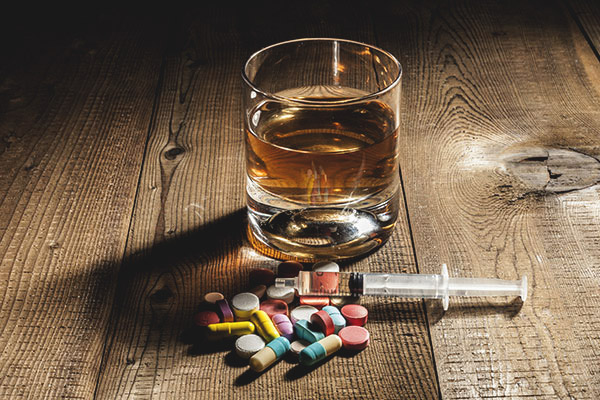

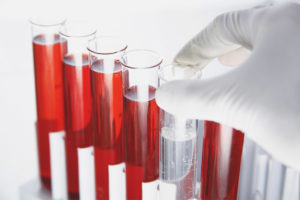
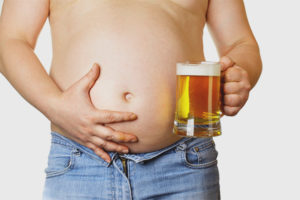
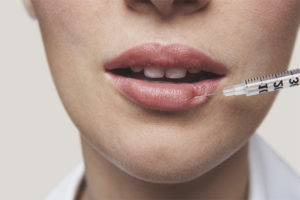
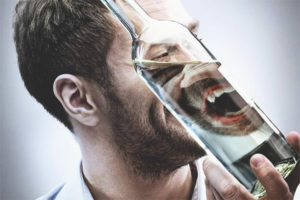
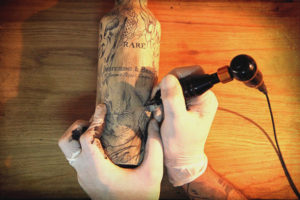
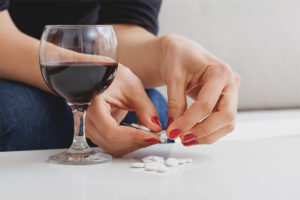
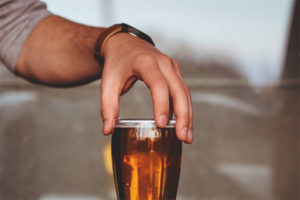
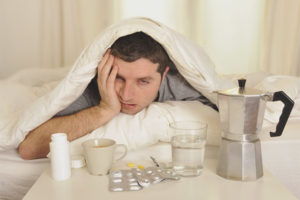
To send